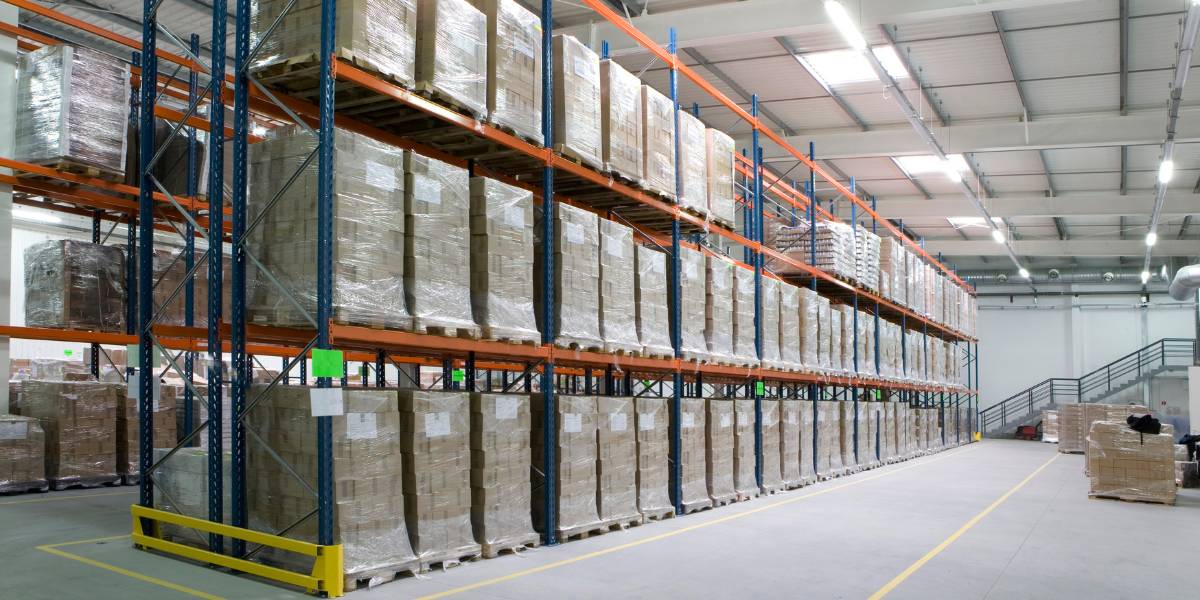Customs bonded warehouse: what it is and what it is for?
If your company imports or exports goods, a customs warehouse in Spain can become a key tool to optimize costs, ensure regulatory compliance, and gain operational flexibility. Below you will find a clear guide to understand what it is, what it is used for, and when it is convenient for you to use it.
What is a customs warehouse?
A customs warehouse is an authorized facility under Customs control where goods can be stored without release for free circulation for a defined period. While the goods remain under this regime, customs duties and import taxes are not paid (and, where applicable, VAT does not accrue) until their final destination is decided (import, re-export, transfer to another regime, etc.). In practice, you gain time to decide what to do with your international stock without tying up cash in taxes, while maintaining traceability and customs compliance.
What is a customs warehouse used for?
- Defer duties and taxes: you pay only when the goods are released (or do not pay if they are re-exported).
- Optimize cash flow: less financial tie-up for seasonal or high-value imports.
- Consolidate and distribute: receive from multiple origins for subsequent picking and dispatch to different destinations.
- Facilitate re-exports: option to ship to third countries without clearing in the country of storage.
- Allowed value-added operations: common handling such as relabeling, quality control, or conditioning, subject to authorization.
- Reduce the risk of fiscal obsolescence: pay taxes only on what you actually sell or import.
Who benefits most from a customs warehouse?
- Importers with variable rotation or high-value products.
- Exporters distributing from a hub to several countries.
- International e-commerce with seasonal peaks.
- Chemicals, pharma, and industrials requiring traceability, batch/lot control, and expiry dates.
- Aftermarket and spare parts with uncertain or slow demand.
Basic requirements to operate as a client in a customs warehouse
- EORI and up-to-date tax details.
- Commercial and transport documents (invoice, packing list, bill of lading, etc.).
- Correct tariff classification (HS/TARIC codes) and customs value.
- Customs representation (direct or indirect) with appropriate powers.
- Traceability by lot/serial and real-time inventory records.
- Operator’s security requirements (access, inspections, applicable regulations).
Best practices to maximize the benefit
- Plan permitted time limits and reviews to avoid costs for exceeding them.
- Define Incoterms and documentary responsibilities with your suppliers.
- Align your WMS/ERP with customs accounting and stock statuses.
- Establish protocols for permitted handling (conditioning, checks, relabeling).
- Coordinate with your customs broker on possible destinations (free circulation, transit, re-export).
How Global-TALKE helps you
At Global-TALKE we integrate customs services with advanced logistics management: WMS with customs stock, batch traceability, perpetual inventory, coordination with customs representatives, and permitted handling (quality control, relabeling, conditioning). You gain control, compliance, and logistics prepared to distribute to multiple destinations with fiscal efficiency.
If you wish to assess how a customs warehouse could improve your supply chain, we will be pleased to review your case and propose an operating model aligned with your objectives.

